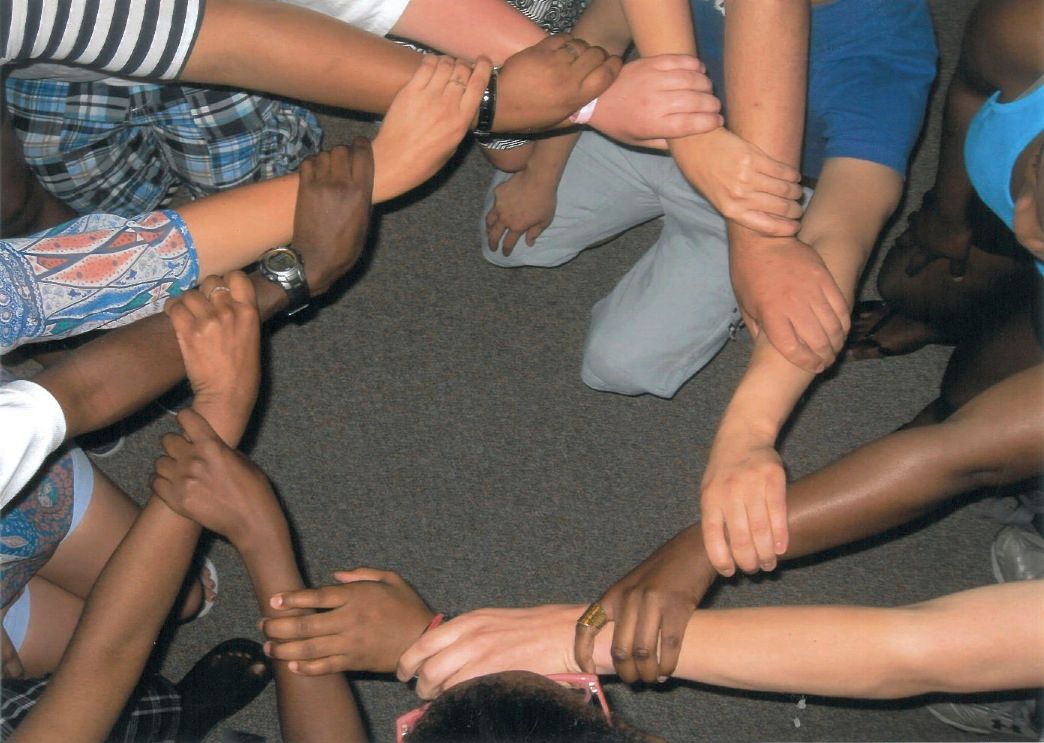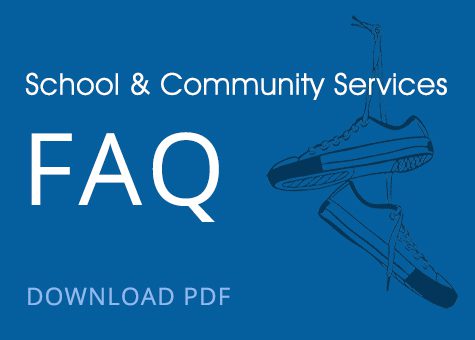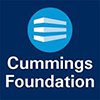School & Community-Based Services
The Children’s Room’s School and Community-Based Services provide children and teens access to quality, trauma-informed grief support in their familiar daily environments. The Children’s Room is available to work with your school or community agencies to discuss services that would best meet the needs of your school and/or community.
For more queries or more information about our School & Community-Based Services, please CONTACT US HERE.
Our services include:
School & Community-Based Peer Support Groups
School & Community-Based Peer Support Groups are offered in collaboration with schools, after-school programs, and community agencies for children and teens (1st – 12th graders) who have experienced the death of a parent, sibling, or other close family member who was a part of their daily life.
Group series are typically held for 8 weeks, and the curriculum is customized for each specific group’s developmental level and needs. All groups are co-facilitated by a clinical staff member from The Children’s Room and a mental health professional from the school or community agency.
Pathways of Change
Pathways of Change is a social and emotional learning curriculum that focuses on helping students understand, normalize, and cope with change, loss, and grief. The four-part lesson series is facilitated by clinical staff from The Children’s Room and a mental health professional from the school. It incorporates a variety of art, play, and movement-based activities to help children understand these concepts and ways to cope with the related emotions in a healthy and manageable way.
Pathways of Change was developed by The Children’s Room and launched in 2022 through a grant from the Parmenter Foundation.
Children & Teens’ Grief Awareness Month Events
The Children’s Room collaborates with elementary, middle, and high schools, afterschool programs, and other community-based organizations to offer National Children’s & Teens’ Grief Awareness Month activity tables during the month of November. Students are invited to recognize someone in their life who has died or who they miss (ex: family, friend, pet). There is also an option to create a drawing or message that is supportive of peers who are missing someone.
- Awareness activities are:
- Facilitated by TCR staff and interns;
- Offered during lunch, advisory, SEL, or other flexible time periods;
- Optional for any/all students;
- Inclusive of multiple/many students at a time, with several languages offered;
- Intended to be brief (2-3 minutes per student)
Presentations & Trainings
Training from The Children’s Room is designed to support professionals in understanding how children, teens, and families understand and cope with death and loss. Participants from schools or after-school programs gain increased insight into complex and interwoven layers of primary and secondary losses, as well as an understanding of ways to provide support from within the school system or community setting.
Training is facilitated by licensed clinicians from The Children’s Room’s and may be provided virtually or at the school/community site. These sessions may vary; 1.5 to 2 hours at minimum is typically recommended. Training and presentations may be planned proactively or in response to crisis situations, and each is customized and tailored to the needs of the organization and the training participants.
Presentations for professionals may also be planned to raise awareness and understanding of the menu of School and Community-Based services available from The Children’s Room.
Professional Consultations
Professionals may request to schedule a phone consultation and receive support surrounding their client/student’s grief-related needs at any time of year. Professional consultations are personalized to the specific needs of each situation. Examples of discussion topics include age-appropriate language, developmental understanding of grief, and planning for a student’s return to school and other activities following a death. Recommendations may also be shared regarding providing support within the professional’s role and setting.





